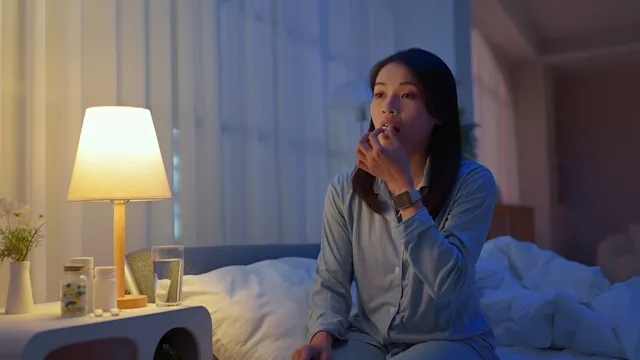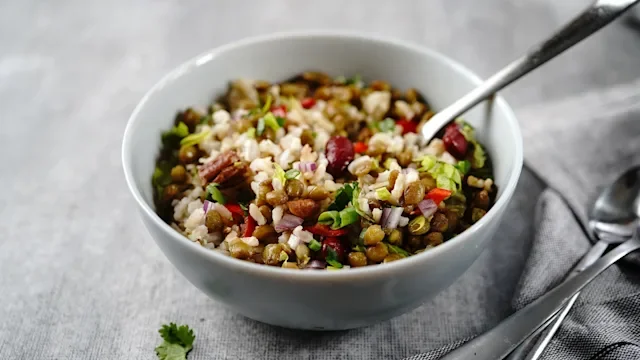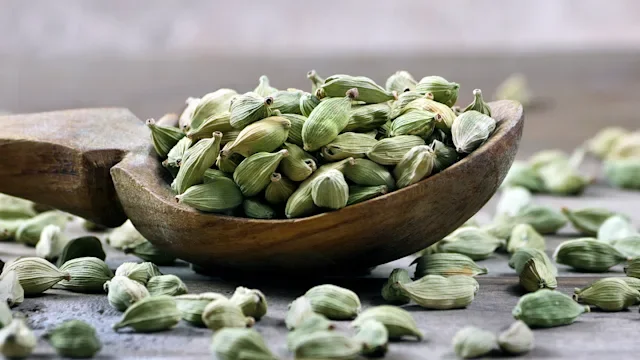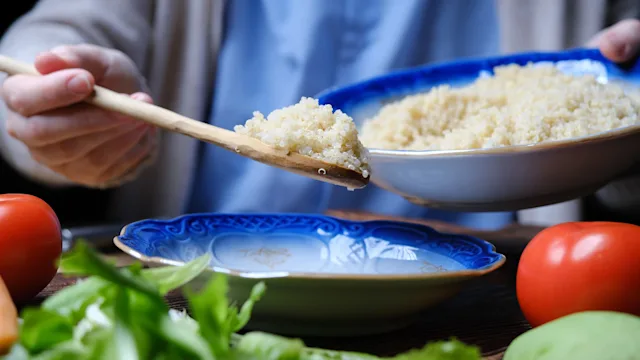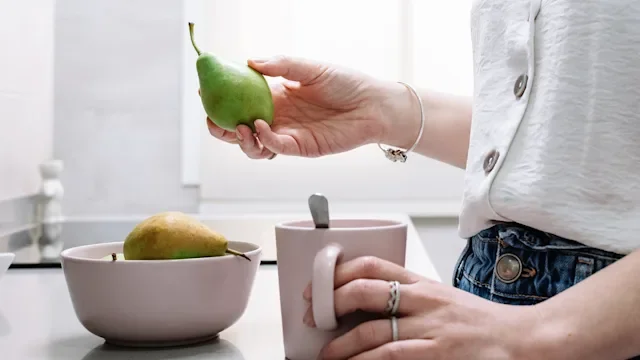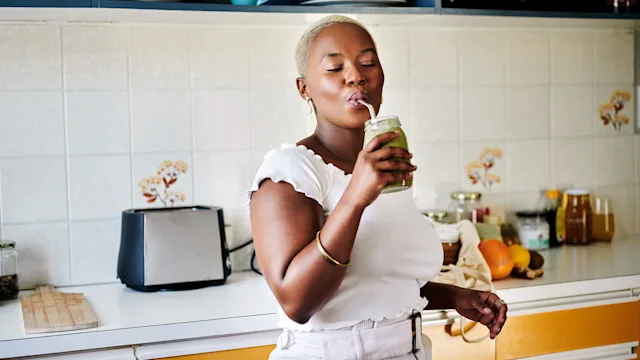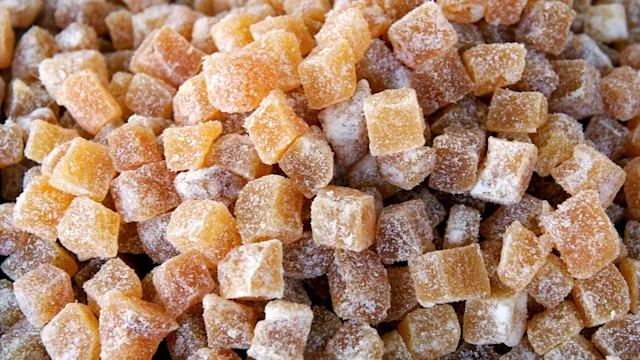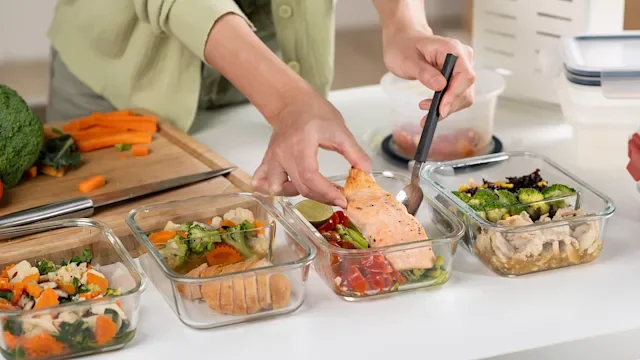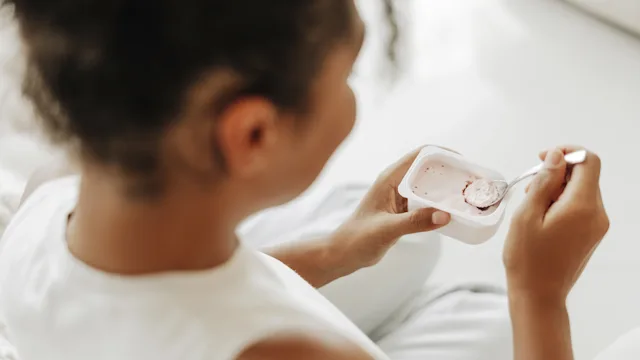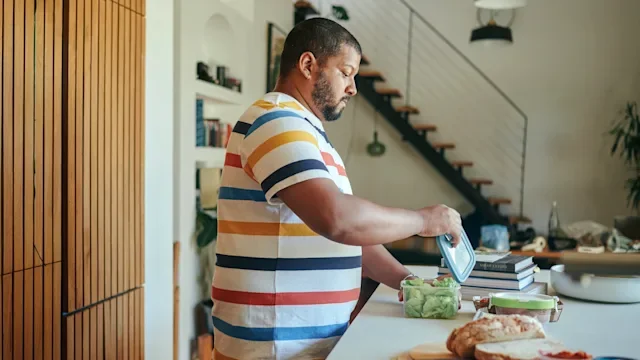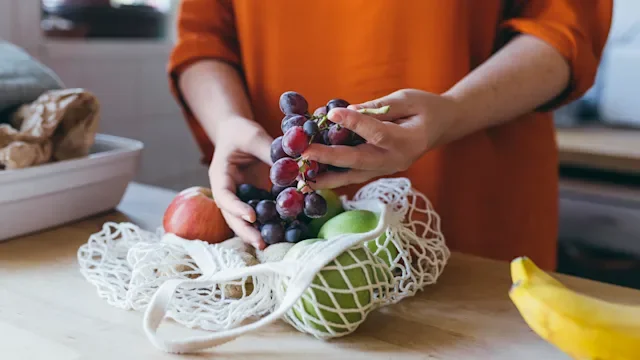Key takeaways:
Cymbalta (duloxetine) is a serotonin and norepinephrine reuptake inhibitor (SNRI). It’s FDA approved to treat depression and general anxiety disorder, plus diabetic peripheral neuropathy, fibromyalgia, and chronic musculoskeletal pain.
Cymbalta doesn’t directly interact with any foods. But there are still some foods you should avoid because they may make Cymbalta less effective or worsen side effects.
Avoid alcohol and limit caffeine and fatty and spicy foods while taking Cymbalta. This can ease Cymbalta-related side effects and help your medication work better.
Save on related medications
Cymbalta (Duloxetine) is a serotonin and norepinephrine reuptake inhibitor (SNRI). It’s FDA approved to treat several medical conditions. These include mental health conditions like major depressive disorder and generalized anxiety disorder. They also include conditions related to pain, like fibromyalgia, chronic musculoskeletal pain, and diabetic peripheral neuropathy.
Cymbalta can interact with some medications and supplements like St. John’s wort and goldenseal.
Cymbalta doesn’t interact with any foods or drinks. So, there isn’t anything that you absolutely can’t eat or drink while taking Cymbalta.
But there are certain foods and drinks that can increase your risk for developing side effects while taking Cymbalta.
Here are four foods and drinks you should limit while taking Cymbalta so you can get the best results while taking this medication.
1. Alcohol
There are several reasons why it’s a good idea to limit or avoid alcohol altogether while taking Cymbalta.
Alcohol is linked to depression and anxiety
Alcohol is a depressant, which means it slows down your brain and affects your mood. Cymbalta does the exact opposite: It increases the levels of serotonin and norepinephrine in your brain. This increases brain activity and improves your mood. That’s why SNRIs are called anti-depressants.
So drinking alcohol can keep you from getting the most out of your Cymbalta therapy. Plus, alcohol use has been linked to depression and anxiety. If you’re taking Cymbalta to treat major depressive disorder or generalized anxiety disorder, alcohol may worsen your symptoms and make it harder for Cymbalta to work.
Alcohol can make side effects worse
Another reason to avoid alcohol is that it can worsen common Cymbalta side effects.
Dealing with side effects? Here are some tips from our pharmacists on how to manage Cymbalta (duloxetine) side effects.
Cymbalta can interact with other medications. These are the most common interactions you should know about.
Want to learn more about how Cymbalta works? Take a look at our guide to serotonin and norepinephrine reuptake inhibitors (SNRIs).
Sexual side effects
Cymbalta can cause trouble achieving and maintaining an erection. It can also lower your libido and make it harder to achieve an orgasm.
Alcohol can also affect your ability to maintain an erection and lower your sex drive. Combining Cymbalta and alcohol may lead to more noticeable sexual side effects. So it’s best to limit or cut out alcohol altogether if you’re trying to avoid these side effects or if you’re experiencing erectile dysfunction (ED).
Sleepiness and fatigue
Many people who take Cymbalta experience sleepiness and fatigue. Alcohol can also make you feel sleepy and tired. Combining the two may make these symptoms worse. This can affect your ability to do your job, drive, and complete your daily activities.
You may want to cut out alcohol completely if you’re experiencing sleepiness or fatigue while taking Cymbalta.
2. Caffeine
You don’t need to cut out caffeine completely if you’re taking Cymbalta. But you may want to limit your caffeine intake to the recommended 400 mg of less per day (about two to three 12 oz cups of coffee). There are a couple reasons why.
Risk of serotonin syndrome
High doses of caffeine can increase serotonin levels in the brain, just like Cymbalta. The combined effects can put you at risk for serotonin syndrome, a rare but serious condition. The risk is low if you’re only having a cup or two of coffee each day. But high amounts of caffeine can increase your risk.
You should also seek medical care if you develop symptoms of serotonin syndrome, like:
Sweating
Tremor
Fast heartbeat
Feeling anxious or restless
Agitation
Fever
High blood pressure
Poor coordination
Hallucinations
Dehydration
Another reason to limit your caffeine intake is that caffeine makes you pee more often. Large amounts of caffeine may increase your risk of dehydration. Dehydration can worsen common Cymbalta side effects like dizziness and fatigue.
3. Spicy foods
You may want to avoid spicy foods that contain high amounts of capsaicin. Capsaicin is the naturally occurring plant product that creates that “fire in your mouth” effect when you eat spicy foods. Here are reasons why you should pass on spicy foods.
Nausea
Capsaicin can irritate your stomach lining, and this can trigger nausea and upset stomach. Nausea is the most common side effect people experience while taking Cymbalta. So, eating spicy foods can increase your chances of experiencing nausea. Spicy foods may also worsen any nausea you might already be experiencing.
Excess sweating
Capsaicin can set off your body’s sweating response. And Cymbalta can also trigger excessive sweating. So, if you’re experiencing lots of sweating while taking Cymbalta, or if you have a history of hyperhidrosis, you may want to avoid spicy foods altogether.
Spicy foods to avoid
Foods and spices that have high levels of capsaicin include:
Red chili peppers
Jalapeños
Cayenne
Habanero
Chilis
Curries
Kimchi
Hot sauce
4. Fatty foods
If you’re taking Cymbalta, you may also want to avoid fatty foods. Here’s why.
Nausea
Fatty foods take longer to pass from your stomach and into your intestine. This may trigger symptoms like bloating and fullness, which in turn can cause nausea. Nausea is the most common side effect linked to Cymbalta. So high-fat meals may worsen or trigger nausea while taking Cymbalta.
Constipation
High-fat foods tend to be low in fiber. A low-fiber diet can lead to constipation. Cymbalta can also trigger constipation. Combining high-fat foods and Cymbalta may trigger constipation or make it worse, if you already have it.
Fatty foods to avoid or limit
You don’t have to avoid fatty foods altogether. But you may want to limit these foods if you’re experiencing nausea or constipation while taking Cymbalta.
Examples of high-fat foods you should avoid include:
Potato chips
French fries
Pizza
Fried chicken
Processed meats like bacon and sausage
The bottom line
Cymbalta is an SNRI that’s FDA approved to treat several medical conditions. Cymbalta doesn’t interact with any foods or drinks. But some foods and drinks can worsen Cymbalta-related side effects. Avoid alcohol and limit caffeine, spicy foods, and fatty foods while taking Cymbalta.

Why trust our experts?


References
Austin Gastroenterology. (2020). Foods that cause heartburn.
Cooper University Health Care. (n.d.). GERD diet.
Gurley, B. J., et al. (2008). Clinical assessment of CYP2D6-mediated herb-drug interactions in humans: Effects of milk thistle, black cohosh, goldenseal, kava kava, St. John's wort, and Echinacea. Molecular Nutrition Food Research.
Lilly. (2023). Cymbalta (duloxetine delayed-release capsules), for oral use [package insert].
MedlinePlus. (2024). Alcohol.
Ohta, R., et al. (2022). Serotonin syndrome triggered by overuse of caffeine and complicated with neuroleptic malignant syndrome: A case report. Cureus.
Salari, N., et al. (2023). The risk of sexual dysfunction associated with alcohol consumption in women: A systematic review and meta-analysis. BMC Women’s Health.
Sexual Medicine Society of North America. (n.d.). Alcohol and temporary erectile dysfunction.
Smith, J. P., et al. (2012). Anxiety and alcohol use disorders. Alcohol.
Szolcsányi, J., et al. (2015). Effect of capsaicin on thermoregulation: An update with new aspects. Temperature.
U.S. Food and Drug Administration. (2024). Spilling the beans: How much caffeine is too much?



